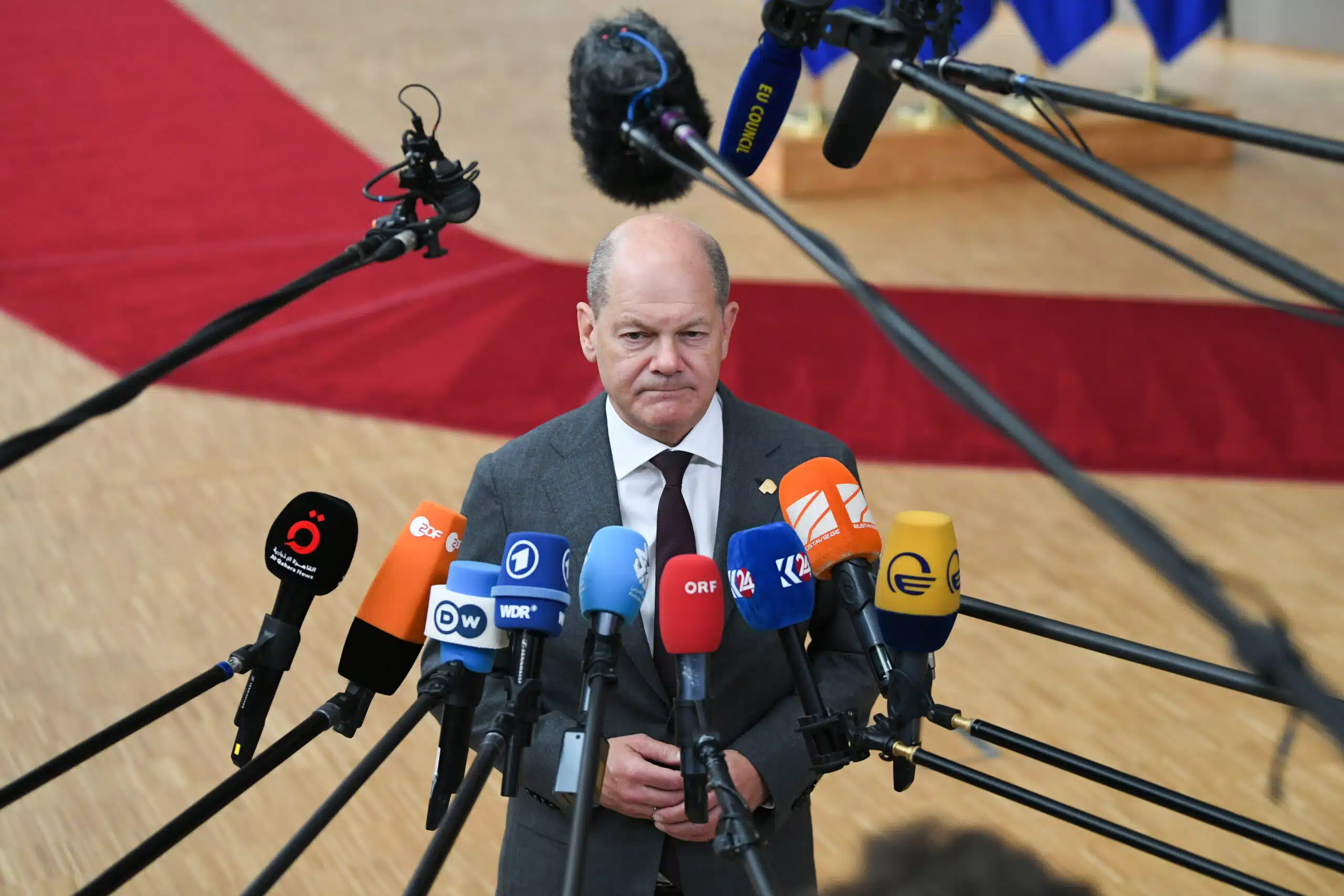Brussels–German federal elections will be on Feb. 23, some German media outlets said, explaining that there is an agreement to this effect between the SPD, the CDU, and the Greens. This means that Chancellor Olaf Scholz should ask for a vote of confidence (which he will not get) before Christmas.
On Nov. 6, the so-called traffic-light coalition in power in Berlin since 2021 (Social Democrats of the SPD, the Greens, and the Liberals of the FDP) collapsed, leaving Scholz at the helm of a minority government that must rely on the parliamentary opposition to pass laws. The SPD leader initially planned to appear before the House for a vote of confidence in mid-January: this is a formal step necessary for the President of the Republic, Frank-Walter Steinmeier, to convene early elections, which could then take place between late March and early April.
This is because, according to the principle of constructive vote of no confidence (introduced by the 1949 Constitution to break the political instability typical of the Weimar Republic, which opened the door to Hitler’s National Socialism), the hemicycle can only withdraw support from the incumbent chancellor if it has the numbers to support an alternative majority, as happened in 1982 with the transition from the government of the Social Democrat Helmut Schmidt to that of the conservative Helmut Kohl. The problem is that, for now, the numbers for this are lacking at the Bundestag. So, the vote of confidence–which Scholz will surely lose–can only be put on the agenda by the chancellor himself.
English version by the Translation Service of Withub



![La presidente della Bce, Christine Lagarde [Francoforte, 6 marzo 2025]](https://www.eunews.it/wp-content/uploads/2025/03/lagarde-250306-120x86.png)

![Un atomo. L'Ue punta sul nucleare di nuova generazione per il suo futuro energetico [foto: iStock]](https://www.eunews.it/wp-content/uploads/2025/04/atomo-120x86.jpeg)
